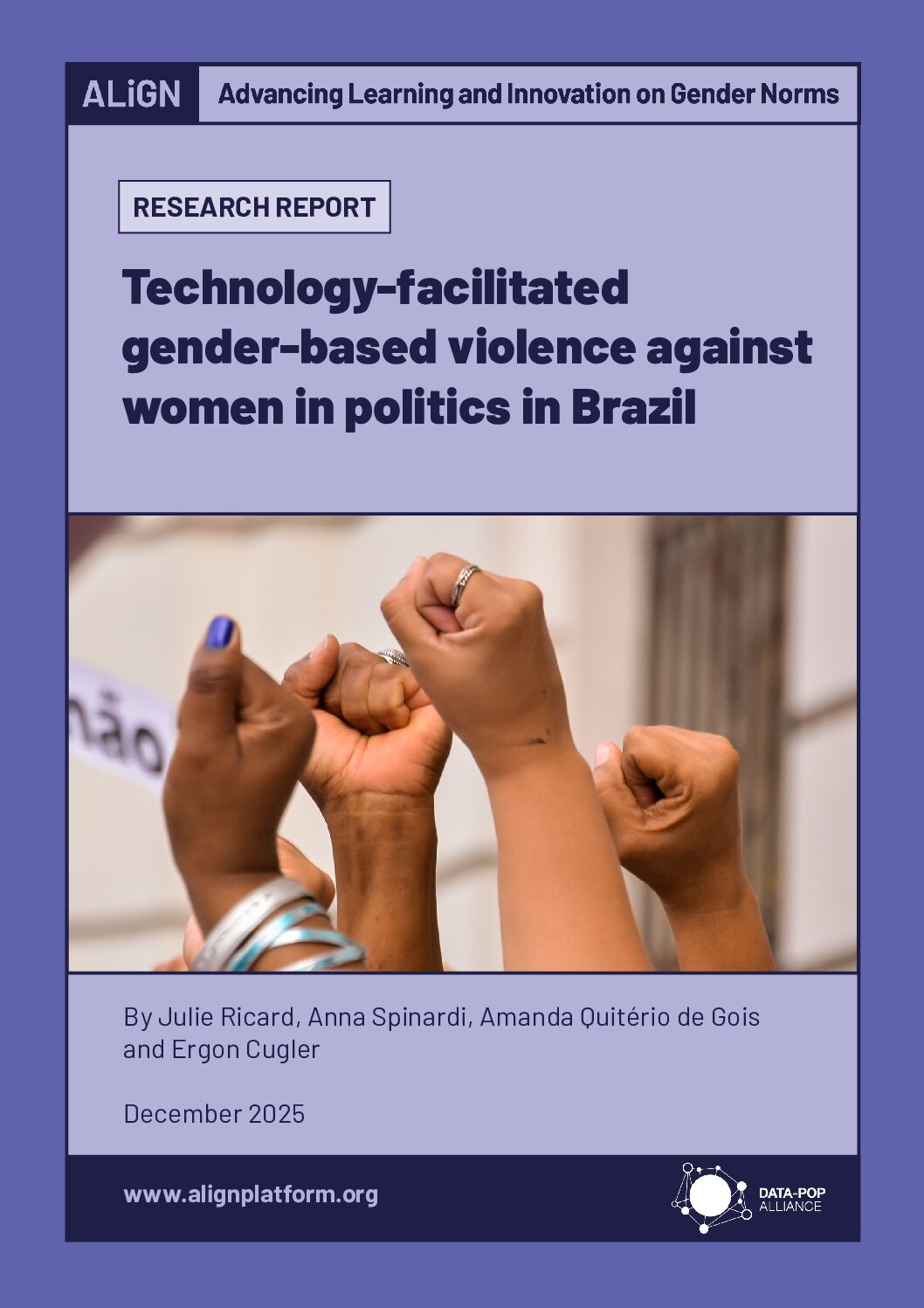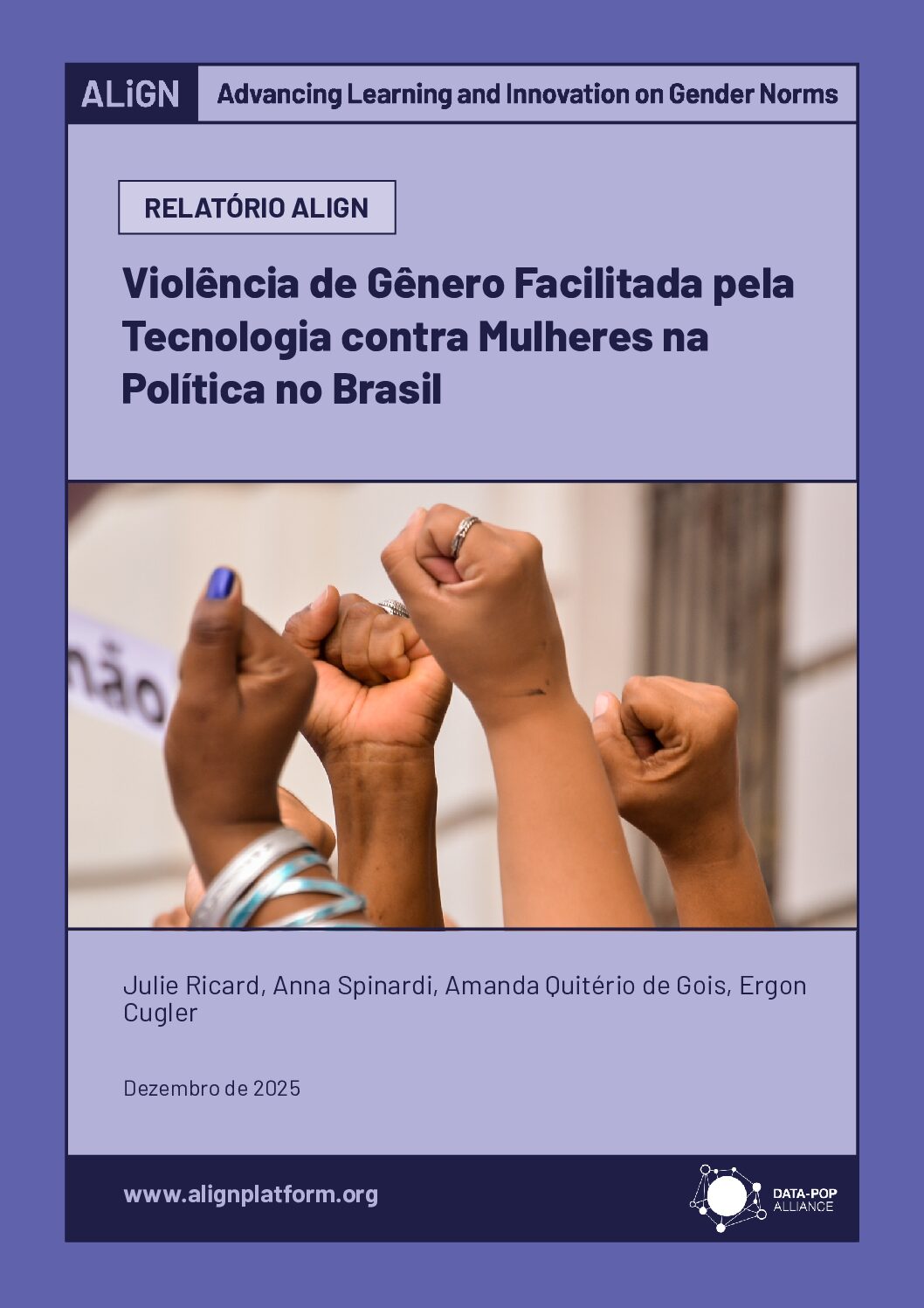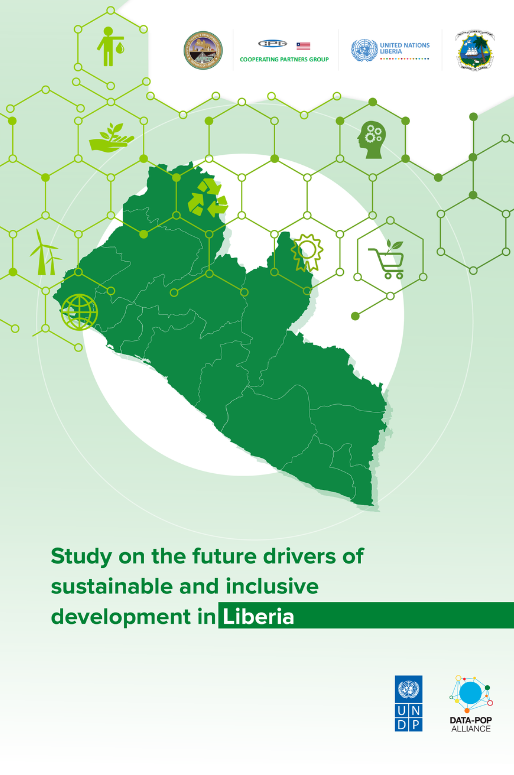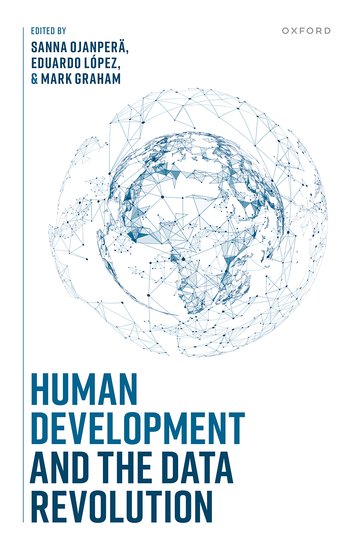This paper highlights the potential societal benefits derived from big data applications with a focus on citizen safety and crime prevention. Authors detail a case study tackling the problem of crime hotspot classification, that is, the classification of which areas in a city are more likely to witness crimes based on past data. In the proposed approach demographic information is used along with human mobility characteristics as derived from anonymized and aggregated mobile network data.
- Journal Article
Moves on the Street: Classifying Crime Hotspots Using Aggregated Anonymized Data on People Dynamics
- English








![[P124] cover Bangladesh_Report](https://datapopalliance.org/wp-content/uploads/2025/04/P124-cover-Bangladesh_Report.png)

![[WEB] Feature Blog Post](https://datapopalliance.org/wp-content/uploads/2025/02/WEB-Feature-Blog-Post-.png)
